Testimony Supporting HB 1073: Value-Based Care
Value-based healthcare is a model that aims to improve patient outcomes while reducing costs. It is based on the principle that health care providers should be paid for the value they deliver, rather than the volume of services they provide. This means that health care organizations must focus on delivering high-quality care that meets the needs of their patients, while also managing costs and ensuring that resources are used efficiently.
Health care is rapidly moving towards capitated, value-based care arrangements like advanced primary care and direct primary care, where providers take on the risk of caring for patients for a set monthly fee. These models are gaining traction with employees, employers, and doctors. Of note, more than 80% of employees say they would sign up for an all-inclusive direct primary care plan if given the option.
Texas law, written decades ago, limits payment and benefit design innovation. HMOs are the only type of health plan in Texas that can partner with doctors for risk-based, value-based payments. Unfortunately, PPO and EPO plans cannot pay a primary care doctor a flat, monthly payment for risk-based direct primary care or advanced primary care. Capitated payment arrangements allow physicians to assume risk, which is currently considered the business of insurance.
See the full letter.




























